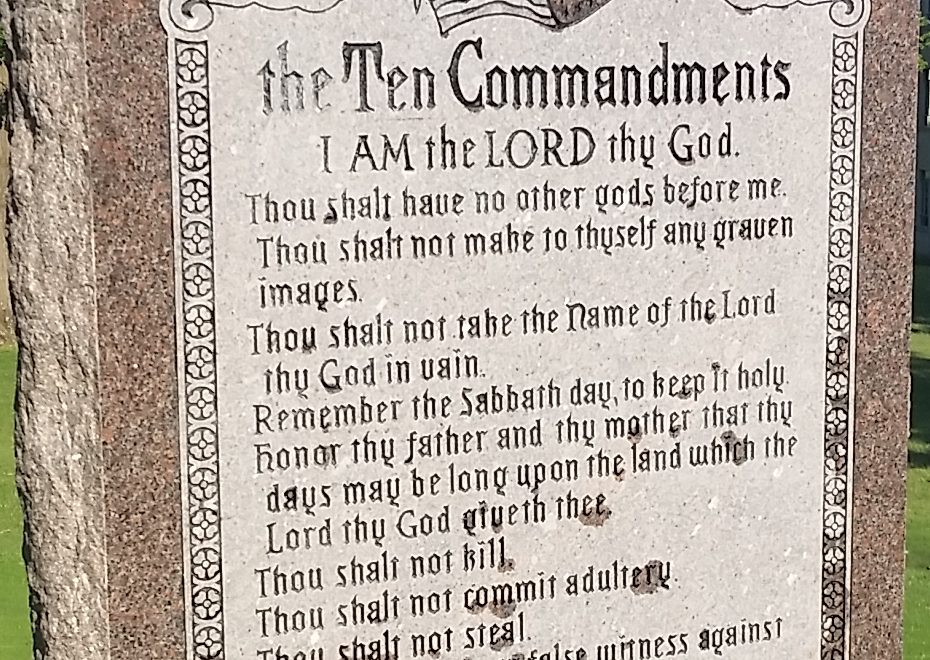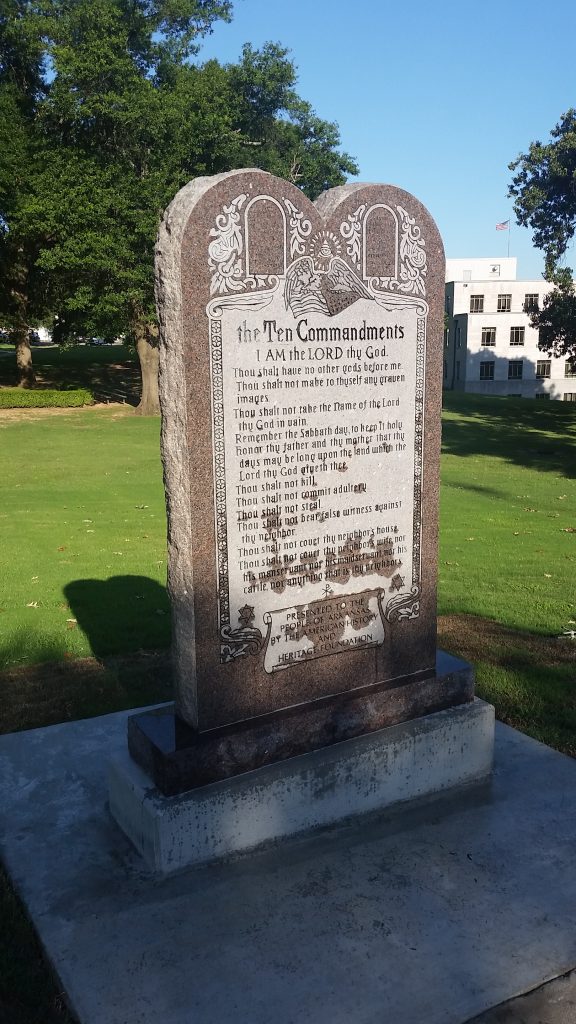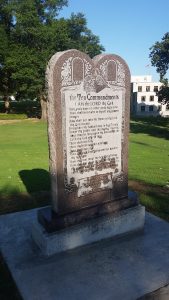Christian Attorneys Defend Seniors Who Want to Celebrate Christmas

This week Tony Perkins of Family Research Council in Washington, D.C., wrote about senior citizens who were told they could not celebrate Christmas at their living center in Washington State.
Providence Place senior center reportedly told residents they could not put up Christmas decorations, sing carols, or exchange Christmas greetings, because the center accepts federal funds from the U.S. Department of Housing and Urban Development (HUD).
One resident contacted attorneys with Alliance Defending Freedom about the situation. The attorneys promptly sent a letter to Providence Place explaining that federal policies cannot be used to squelch residents’ free speech and free exercise of religion.
Unfortunately, this isn’t the first time someone has tried to claim the Bill of Rights prevents everyday citizens from celebrating Christmas.
Public schools routinely try to stop students and teachers from wishing one another a merry Christmas. In 2013 a VA hospital in Georgia prohibited high school Christmas carolers from singing religious songs to veterans.
The First Amendment was intended to protect the free exercise of religion. It was never meant to stop anyone from following their faith or from saying, “Merry Christmas!”




 Last month
Last month